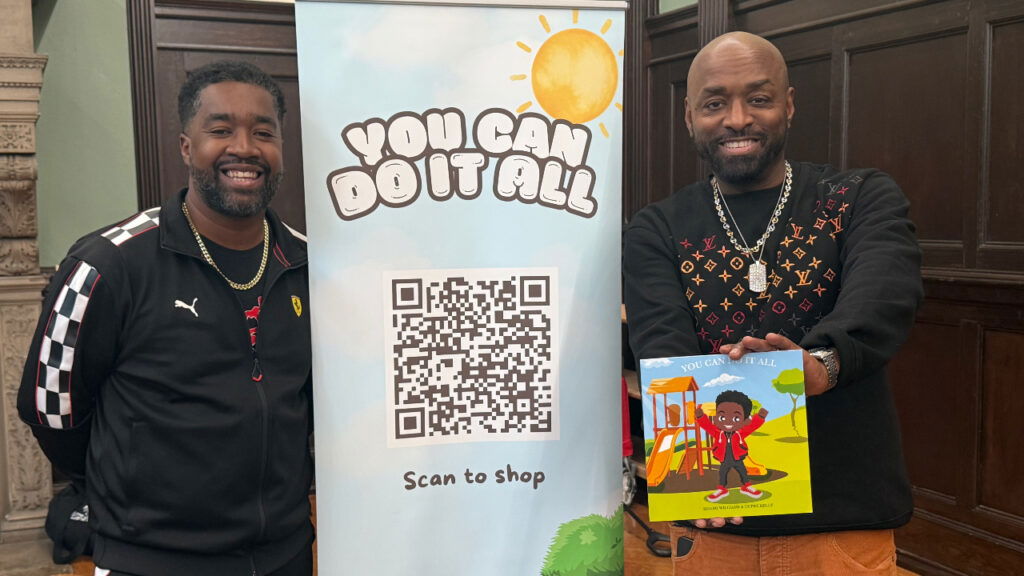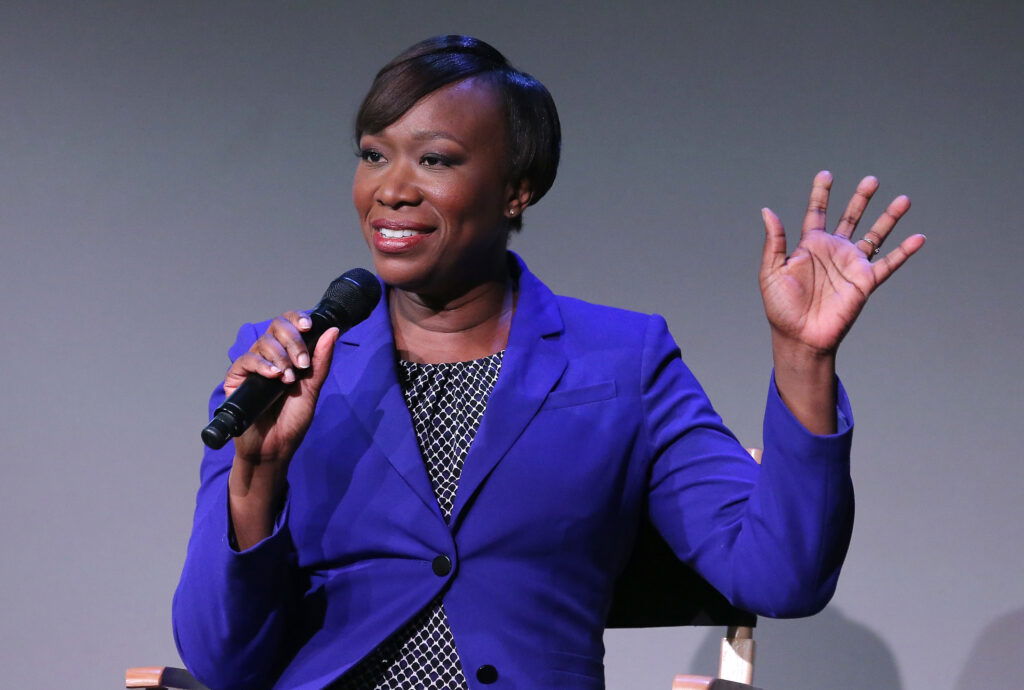
The story goes like this: In 2020, at the age of 29, Harry Leeming—an active, adventurous Scotsman and former Formula 1 engineer—got long COVID, which derailed his lifestyle. He had a hell of a time getting doctors to pay attention to his symptoms, got sick of feeling ignored and launched a startup called Visible with Luke Martin-Fuller to help people better understand their illnesses through an app and wearable technology.
Leeming has told this story a hundred times, a thousand times. But here’s the thing he says is massively overlooked: It’s because his team is health- or ability-diverse—because they have built a company that empowers its employees to put their own health before their everyday to-do lists—that they’ve attracted 50,000 users and $1 million in funding in less than two years. It’s not in spite of accommodations or asynchronous schedules that Visible has found early success, Leeming says, it’s because of it. After all, he and some of his employees are the company’s own target customers.
If your company isn’t actively working on their disability inclusion, or recruiting and retaining people with disabilities, you’re overlooking incredible talent, Leeming says. You’re also ignoring a huge potential customer base—and possibly capping your profits at half of what they could be.
Disability inclusion isn’t just ethical—it’s profitable
When it comes to hiring new employees, there’s a stigma against making workplace accommodations, Leeming says. It may sound expensive to make an office more accessible or complicated to adapt team culture to offer more flexibility for someone who has frequent daytime doctors’ appointments. But, in reality, companies that fail to be inclusive are ignoring huge potential for growth.
“I think the cost is actually minimal, and that the benefit is huge,” Leeming says. Data backs him up: Companies that lead on disability inclusion criteria make 1.6 times more revenue and twice as much profit compared to companies lagging, according to a 2018 Accenture and Disability:IN report. They’re also likely to be 25% more productive. “Hiring people and making small accommodations more than pays for itself in bringing on people [who] are talented and still able to work in very meaningful roles.”
Invisible illnesses and disabilities are more prevalent than you think
Look no further than the URL of makevisible.com to understand how the app got its name. About 10% of Americans are estimated to have an invisible disability or illness, which can make it challenging for them to get the support they need. The Visible app, paired with a wearable health tracker, enables users to collect data about their symptoms and vitals, so they can better predict how activity—exercise, work, stressful situations—will impact their energy levels later. This way, they can take preventive measures to conserve their energy and avoid getting into a situation where they need to take days to recover.
Of course, it’s ideal when a founder is his company’s own target customer—could you ask for a more effective product tester? But Leeming isn’t the only one on the Visible team who lives with chronic illness, which he says has been a huge asset to the company. “I do think having your user base actually work at your company has allowed us to move so much faster,” he says.
Worldwide, about 1.3 billion people—that’s 1 in 6 of us—live with some form of disability, according to the World Health Organization. If no one on your staff can identify ways you could make your product or service more accessible, you may be excluding millions of would-be loyal customers.
Making better use of the workday
Visible’s team, which spans time zones across the United States and United Kingdom, includes multiple employees who live with chronic illness. So, the team uses tools like Slack, voice notes and Loom, for video messaging, to cut down on real-time meetings. Most team members have only one scheduled meeting per week, Leeming says, which makes it easier for everyone to work the hours that suit their health needs. The team leans heavily on Slack status updates so that employees can make it clear when they’re taking some time away from the computer.
“We don’t really have a huge amount of process in place,” Leeming says. “It’s mainly just trust in the people that we hire, that they’re able to take off time whenever they want. They can put their status on Slack to like, ‘I’m taking a break.’” Team members have free reign to get some rest, go for a walk or take care of other needs whenever they arise.
Because the company limits meetings, “there isn’t the need for them to be there in the moment,” Leeming says. “People will just get back to messages when they can, and we haven’t found that it slows us down. Rarely is there ever anything that’s, like, that urgent that you really need an answer in the moment.”
Be ahead of the curve with flexible workplace inclusivity policies
Visible is based in the United Kingdom, which is one of many countries that may soon legislate a more hands-off approach for employers. In Australia, France, Portugal and Spain, workers are legally allowed to ignore after-hours contact from their managers; in the U.K., employees now have the right to request a flexible work schedule. Become a leader in your industry by adapting now—and not just because you may be forced to. Studies have shown that employees are happier, healthier and more productive when they have flexibility to respond to health, personal or family needs.
Chronically Capable: a resource for disability inclusion in the workplace
Leeming points to Chronically Capable as a great resource for employers and jobseekers alike. The inclusive job board was co-founded by Hannah Olson, who quit her dream job because it was incompatible with essential treatment for Lyme disease. Chronically Capable works to destigmatize chronic illness and disability, and matches jobseekers with companies proactively working to be inclusive and accommodating to their needs. You can list job openings—or browse opportunities—at wearecapable.org.
This article originally appeared in the September/October issue of SUCCESS magazine. Photo credit: Drazen Zigic/Shutterstock.com




